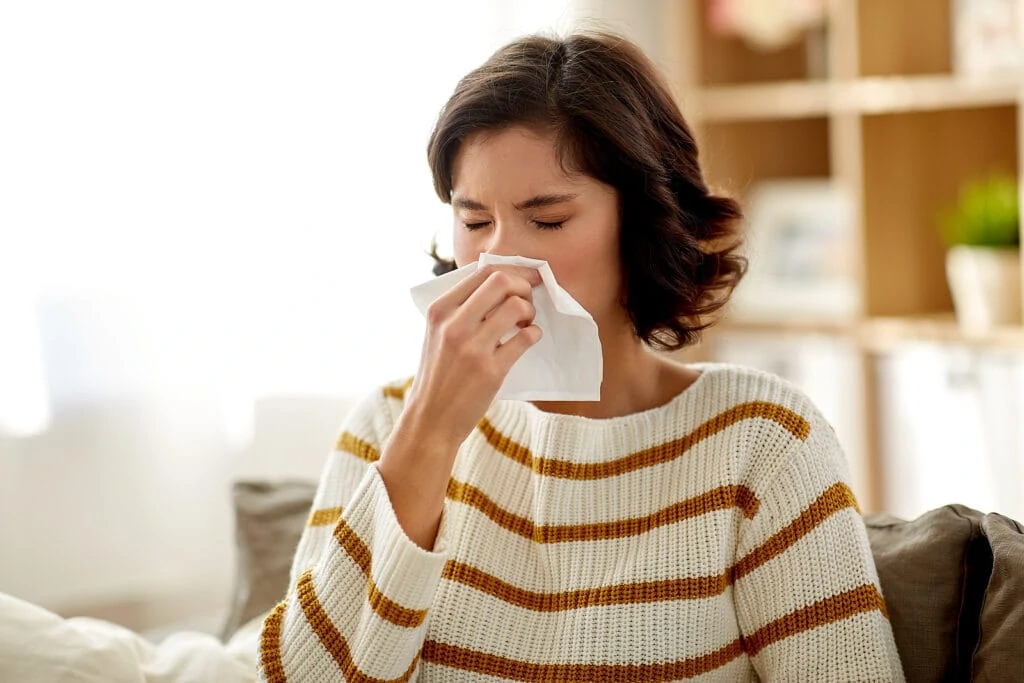Tree pollen and other allergens can trigger sneezing and other unpleasant symptoms during spring. Routine HVAC maintenance can help lower your risk of dealing with pollen and other seasonal allergies. Keep the following allergy-fighting tips in mind to help increase your indoor air quality and reduce allergens in your home.
Check Your Filter
Changing your HVAC system’s air filter is a highly effective way to keep allergies at bay. Air filters catch allergens and other particles that lower your indoor air quality (IAQ). Over time, trapping these particles causes these filters to become dirty, lowering your air quality. A clogged filter also allows more allergens to circulate throughout your home, which can cause allergy symptoms to flare up.
You should replace your air filter every three months. Make a plan to check these filters on a regular basis. You might need to change them sooner if the filters are dirty or clogged. When changing air filters, make sure you use filters with the right Minimum Efficiency Reporting Value (MERV) rating.
The MERV rating tells you how well your air filter performs at removing allergens and other particles. If you have allergies, using an air filter with a MERV rating of eight or higher will offer enhanced filtration.
Eliminate Dust and Debris
Pollen isn’t the only springtime allergen you need to worry about. Mold and dust can also cause allergy symptoms throughout spring. Getting rid of dust and debris in and around your home can help prevent these allergens from causing respiratory problems and other complications.
You should clear debris and dust away from your outdoor unit. This helps reduce the presence of these allergens in your home.
You can also eliminate dust around your indoor unit as well. Wipe down this area, and make sure you vacuum and sweep to get rid of as much dust as possible. Keep in mind that some allergens can be hidden away. Check your air ducts and clean them if you see mold, dust, or other debris.
Schedule a Maintenance Appointment
For best results, call an HVAC professional for annual maintenance on your unit. Your HVAC technician will inspect your HVAC system’s vents and ductwork to make sure everything is in good condition. HVAC technicians will clean dusty vents and eliminate mold and other debris from your ducts. They can also recommend other ways to improve your home’s IAQ, such as by using a dehumidifier to remove excess moisture and lower the risk of mold.
Scheduling preventive maintenance for your HVAC system regularly helps it perform efficiently while reducing allergens in your home. It is recommended to have HVAC maintenance at least once or twice per year.
Following these tips can help you and your family fight your allergies this spring. Join A/C Designs Preferred Maintenance Program to stay on top of your allergies year-round.

